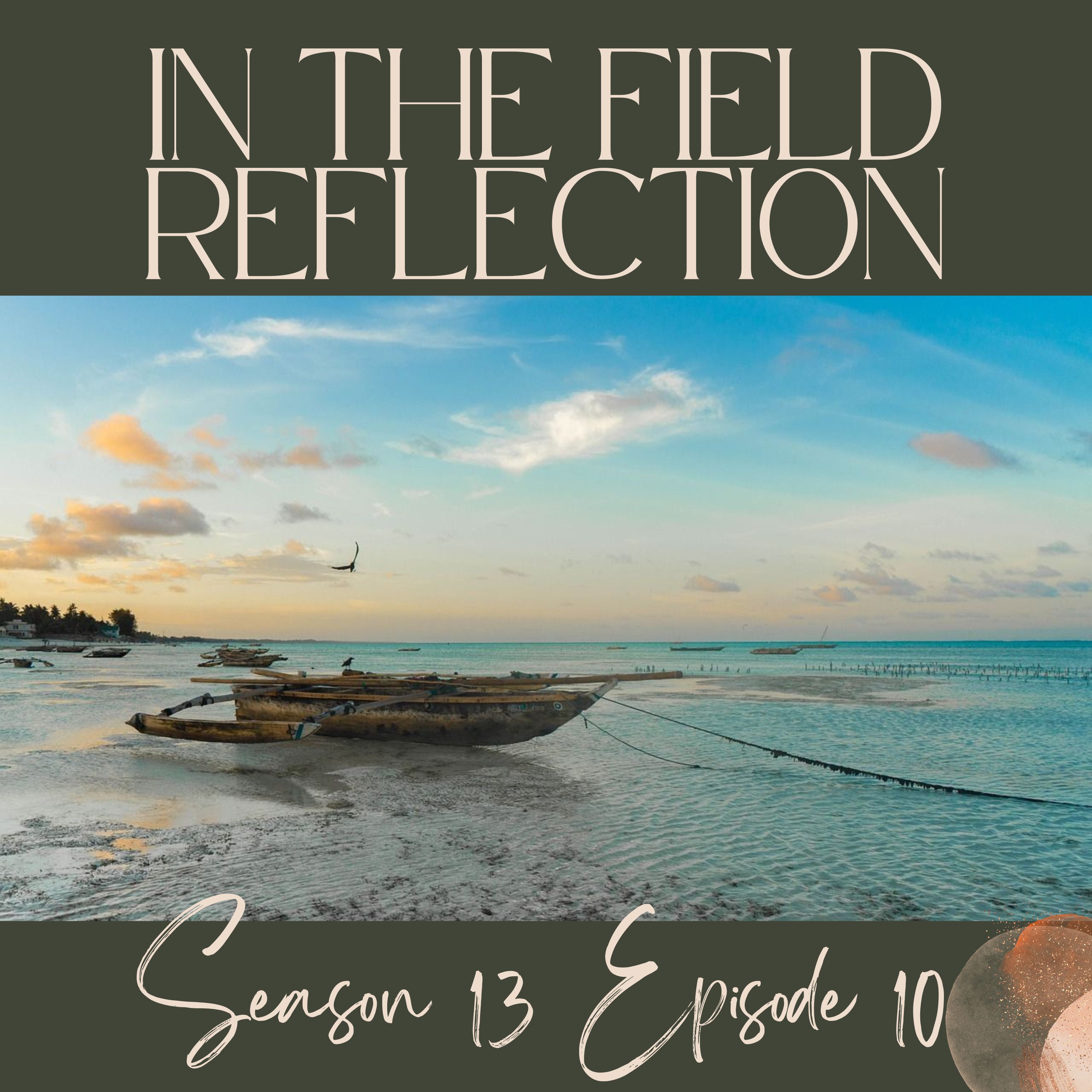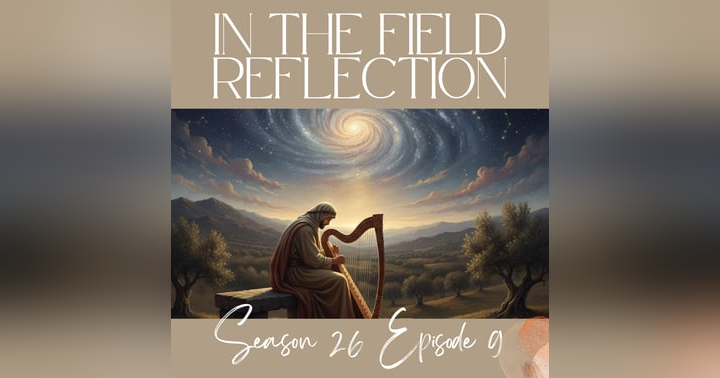Beyond Shadows: Finding Freedom in Christ's Perfect Sacrifice

In the ancient world of temple worship, rituals and sacrifices formed the backbone of spiritual life. Year after year, the people would bring their offerings—bulls and goats, grain and wine—placed on altars by priests who stood day after day performing the same sacred duties. These offerings were meaningful, but as the writer of Hebrews explains so eloquently, they were ultimately incomplete. They were shadows pointing toward a greater reality, reminders of sin rather than removers of guilt. The blood of animals could never fully cleanse the human conscience or create lasting transformation—only Christ's perfect sacrifice could accomplish what these ancient rituals could never achieve.
This ancient system, with its careful laws and repeated sacrifices, served an important purpose. It painted a picture, creating a visual language that would help humanity understand the magnitude of what Christ would eventually accomplish. The tabernacle, with its outer courts and inner sanctums, its veils and sacred spaces, was teaching the world about separation and holiness, about the gap between humanity and divinity that needed to be bridged. The sacrificial system taught that sin has consequences, that reconciliation requires sacrifice, and that approaching God is a serious matter. But these were lessons, not solutions—signposts, not destinations.
When Christ entered the world, everything changed. As the writer of Hebrews beautifully articulates, Jesus came saying, "Sacrifices and offerings you have not desired, but a body you have prepared for me." Here we see divine intention—God preparing a body, a physical vessel through which the perfect sacrifice could be made. Christ didn't come to perpetuate the old system but to fulfill it completely. His sacrifice wasn't just better than the old offerings; it was fundamentally different. It wasn't repeated but accomplished "once for all." It didn't just cover sin temporarily but removed it permanently. It didn't just modify behavior but transformed hearts. And perhaps most revolutionary of all, it didn't maintain the distance between God and humanity but tore the veil, opening a "new and living way" for all to approach God with confidence.
The practical implications of this theological truth are life-changing. Many of us live as if we're still under the old system—striving, performing, offering sacrifices of good behavior, religious activity, or self-improvement in hopes of earning God's favor. We carry the weight of guilt, shame, and regret, uncertain if we've done enough to be accepted. We stand at a distance, afraid to approach God because we know our imperfections all too well. But the message of Hebrews 10 cuts through all this striving with liberating clarity: the sacrifice has been made, the work is finished, and the way is open. We no longer need to earn what Christ has freely given.
This doesn't mean that how we live doesn't matter—quite the opposite. The writer of Hebrews urges us to "hold fast to the confession of our hope without wavering," to "provoke one another to love and good deeds," and to continue meeting together for encouragement. But these actions flow from a place of acceptance, not striving for it. They're the response of grateful hearts, not the desperate efforts of those trying to earn their place. The call is to live in the freedom Christ has won, to walk confidently through the open door, and to approach God with "a true heart in full assurance of faith." This is the transformative power of understanding Christ's perfect sacrifice—it changes not just our eternal destiny but our daily experience, replacing endless striving with freedom and peace.



